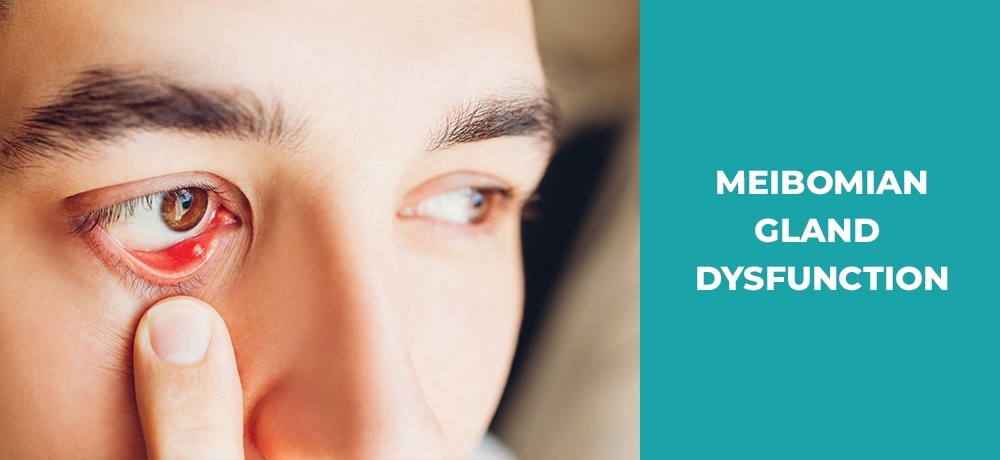Meibomian gland dysfunction

Healthy tears consist of a precise mixture of oil, water, and mucus. Meibomian gland dysfunction, also called MGD, is a condition where the meibomian glands do not produce the proper quality or quantity of oil in the outer layer of the tear film. In normal tears, the layer of oil produced by the meibomian glands seals the tear film and helps prevent tears from evaporating too quickly. In MGD, the glands become blocked and do not produce normal oil, due to inflammation. Inflammation can be related to problems of the lid, contact lenses, hormones, or even incomplete or infrequent blinking. When the glands do not produce enough quality oil, tears evaporate more quickly than normal, resulting in dry eye syndrome. MGD is the leading cause of dry eye. While MGD is not generally sight-threatening, it can have a negative impact on quality of life if left untreated. Symptoms of MGD can include dryness, scratchiness, a burning sensation and even problems with visual acuity. MGD can also lead to chalazia and infections of the lid margins, which can be painful and unsightly for patients. Lastly, for patients who wear contact lenses, MGD can make wearing lenses very difficult. MGD does not usually go away on its own, and requires treatment and follow up examinations by an eye care professional.